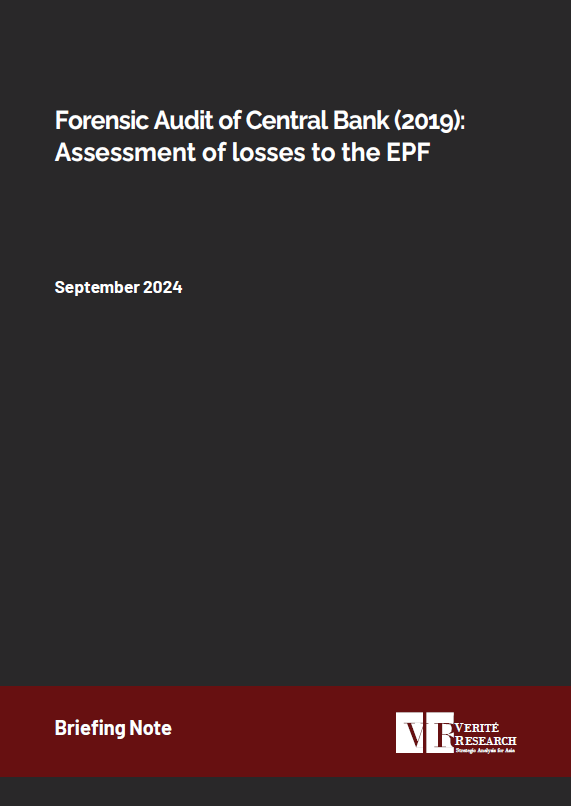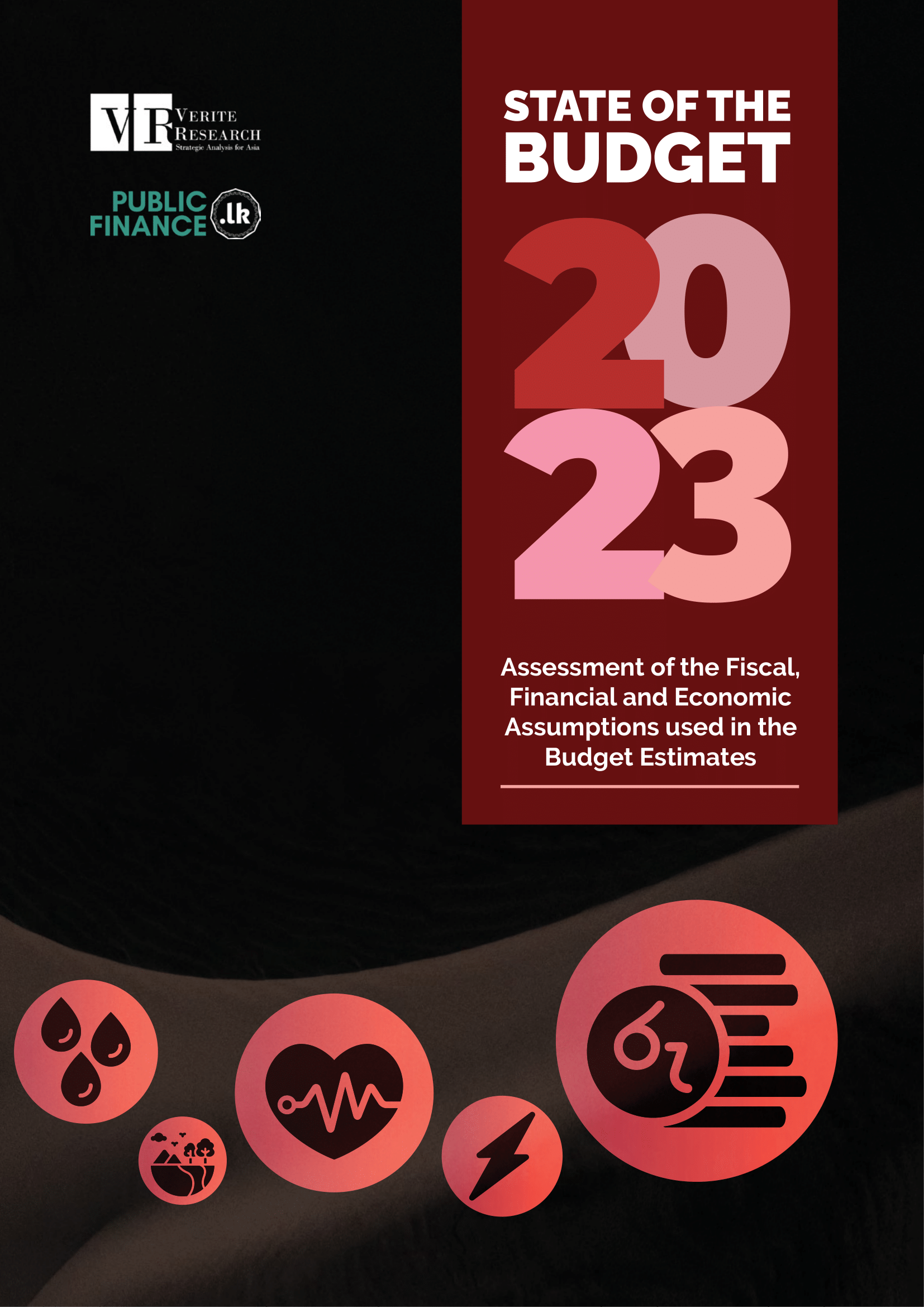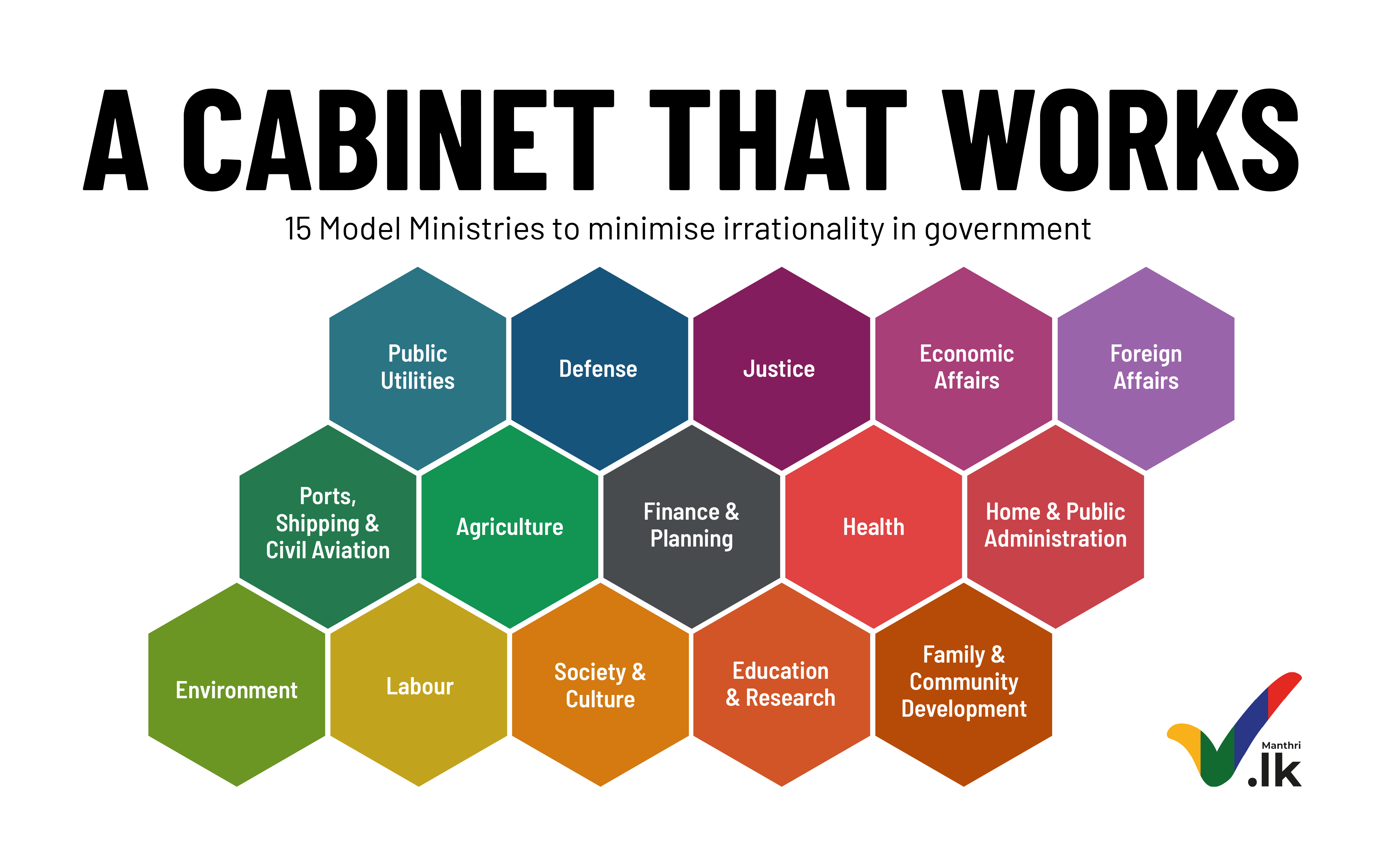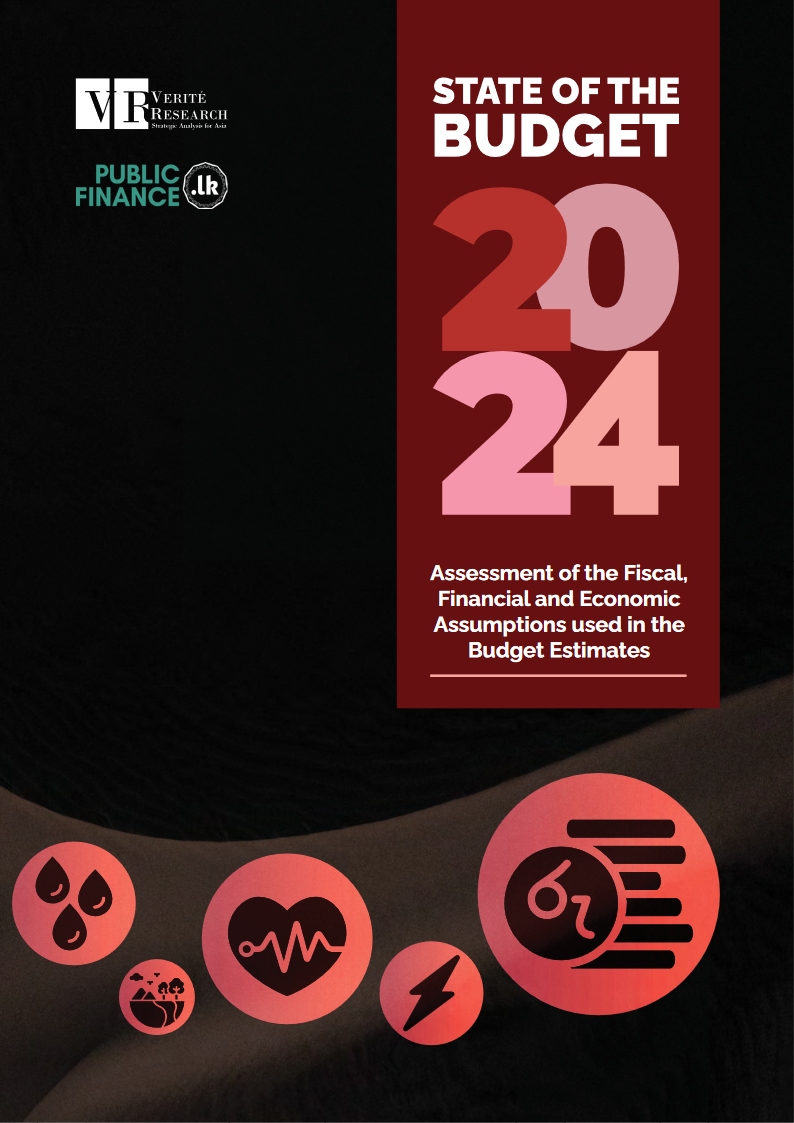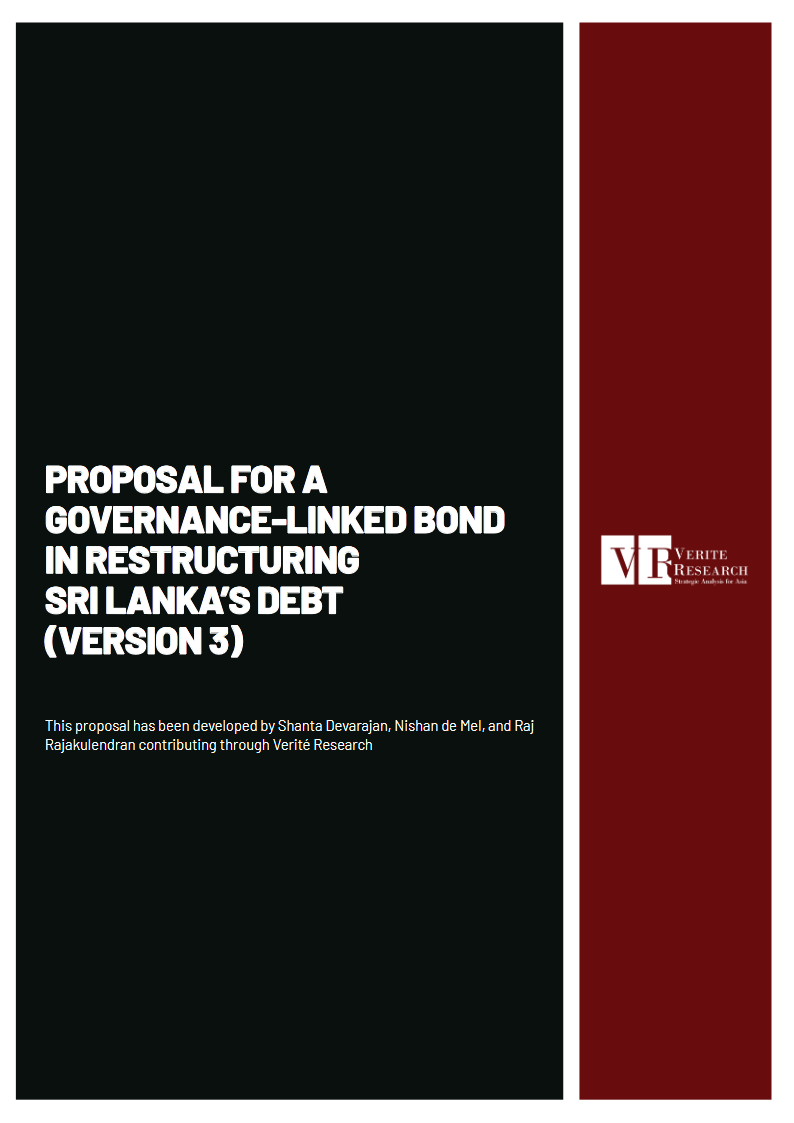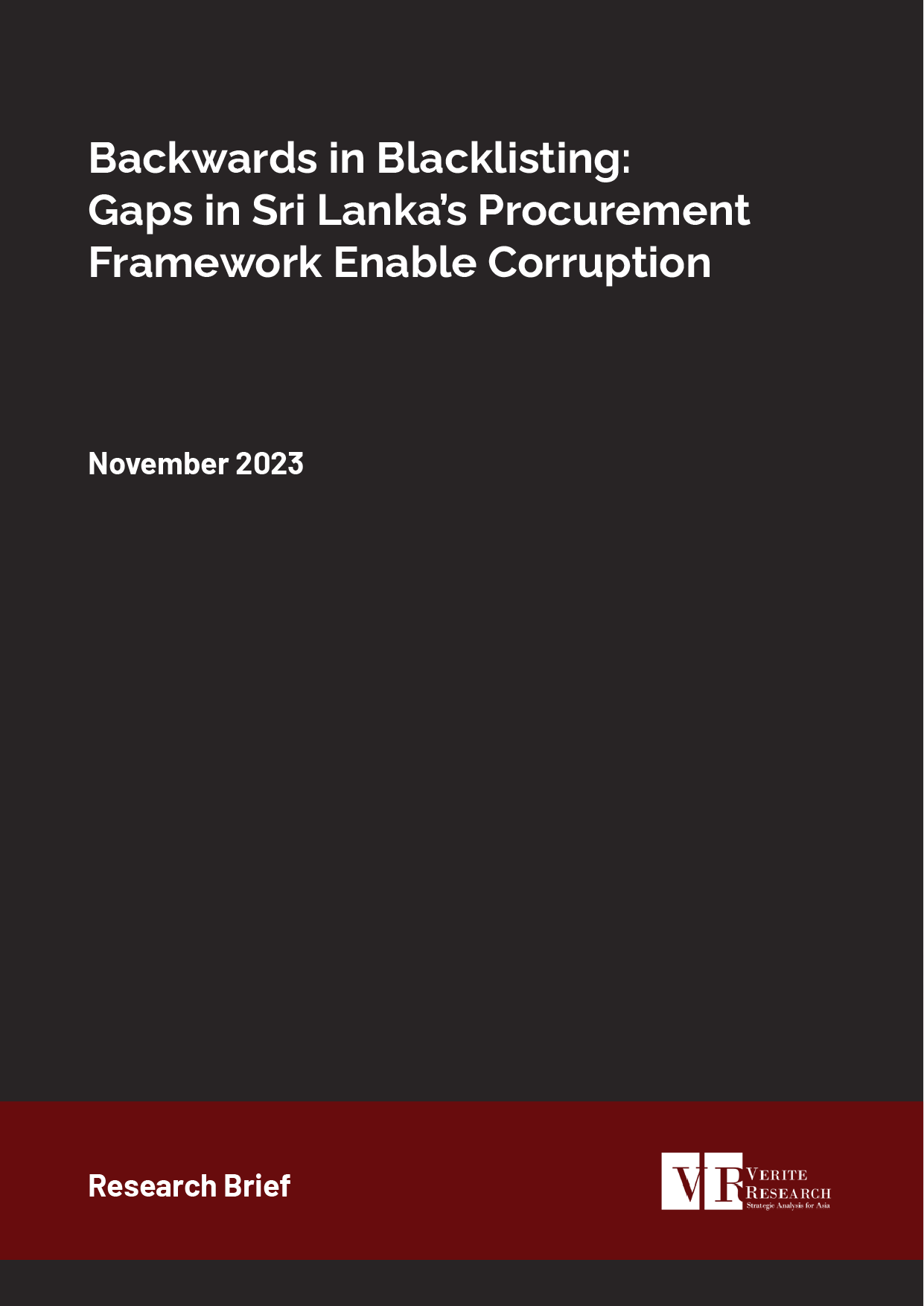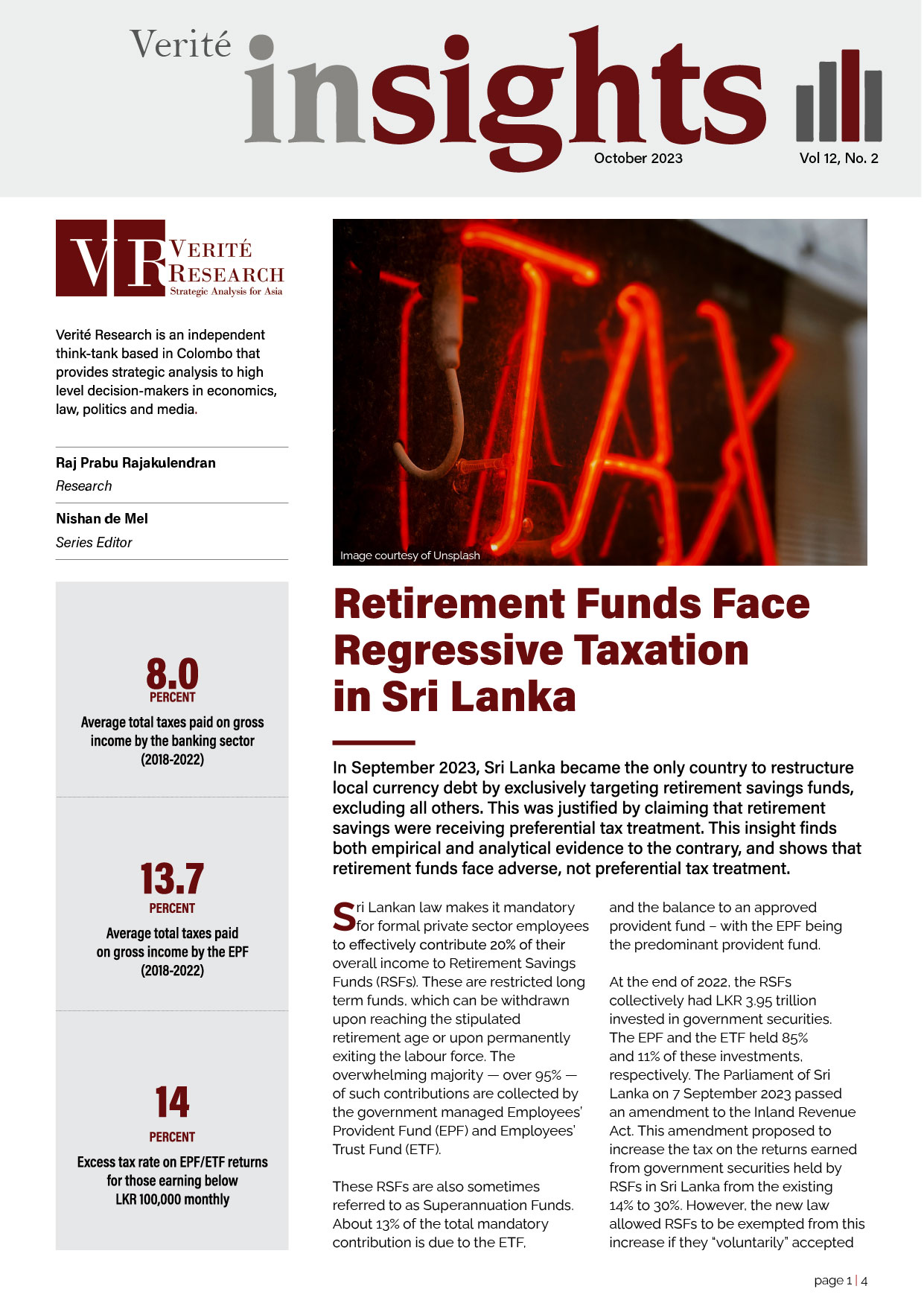This note examines the bond and equity market forensic audit reports to ascertain the scale of the EPF’s losses in the past. It also highlights a significant underestimation of the actual losses, as the forensic audit omitted the period after the February 2015 bond scam from the bond market forensic report. These losses largely stemmed from significant governance failures within the CBSL’s processes and undue influence from its top management. Await the detailed report by Verité Research. Register here to receive a free copy of the report as soon as it’s published. https://forms.office.com/r/8Qd6mUkrKU
This report, commissioned by the International Labour Organization assesses the challenges in extending social security benefits to domestic workers in Sri Lanka. It highlights legal gaps, socio-cultural barriers, and practical issues with implementing key schemes like the Employees’ Provident Fund (EPF), Employees’ Trust Fund (ETF), gratuity, maternity benefits, and work-related injury compensation. To address these challenges, the report suggests both short- and long-term measures, including amending laws, digitizing registration, and introducing new legislation to establish minimum labour standards. The report aims to enhance social security coverage and protect the rights of domestic workers in Sri Lanka.
The State of the Budget 2023 report compiled by Verité Research assesses the financial, economic and fiscal assumptions, the computation of estimates, and reporting standards applied in the 2023 Budget Speech. State of the Budget is set out in four main sections. Section one introduces the report, sets out its objectives and provides some background to Sri Lanka’s budget formulation process. Section two draws attention to the various deficiencies in the budget. Section three provides an analysis of the revenue estimates used in Sri Lanka’s 2023 Budget. Section four focuses on expenditure allocations and highlights concerns regarding the 2023 budget.
The 13% primary expenditure rule proposed in a new public finance bill is at odds with established economic theory. It will undermine “good” public spending that enhances growth, efficiency, and social welfare. It will also make Sri Lanka a global outlier, by setting a GDP based limit on primary expenditure, which is the lowest in the world.
This note proposes three steps Sri Lanka could take to construct and manage high quality Investment Zones, drawing from regional and global best practices. First, is enacting a separate, overarching legislation to govern Zones. Second, is enhancing the quality of Zones by mandating minimum quality standards and establishing minimum criteria for selecting investors to develop and manage Zones. Third, is preventing conflicts of interest by separating the roles and responsibilities of regulators, developers, and operators and establishing a level playing field by ensuring regulatory independence. Underlying these proposals is the recognition that Sri Lanka needs to have a more robust regulatory framework than what is provided in the Economic Transformation Bill (ETB) gazetted on May 14, 2024. The need for such a framework is higher in Sri Lanka, given the scarcity of land and intense competition in the Asian region for foreign investments. The recommendations address three critical problems that have made Sri Lanka fall behind many of its regional peers. s. First, Sri Lanka has under-invested in both the quantity and quality of Zones. Second, it has exclusively depended on the public sector to build and manage Zones. Third, the country lacks an appropriate regulatory framework to attract private…
A ‘Blueprint for a Rational Government in Sri Lanka‘, created by Verité Research and Manthri.lk, seeks to implement the recommendations from the White Paper on “A Rational Method for Cabinet Formation in Sri Lanka“, published in 2020. It lists down the duties and functions, institutions and acts to be implemented under the 15 ministries proposed in the annexures of the White Paper, following revisions that were supported by extensive expert consultation. This document is the blueprint by which governments can solve 3 key issues relating to irrational cabinet formation: 1. Misalignment of subjects Unrelated subjects being grouped together under one ministry. 2. Fragmentation of subjects Related subjects being split across different ministries. 3. Not having a fixed structure for ministries and their institutions Ministry purviews often change alongside ministerial appointments and shuffles, resulting in institutions shifting from ministry to ministry. The document takes on the form of an extraordinary gazette, and serves as a starting point for a more effectively and efficiently structured form of government.
The State of the Budget 2024 report compiled by Verité Research assesses the financial, economic and fiscal assumptions, the computation of estimates, and reporting standards applied in the 2024 Budget Speech. The state of the Budget is set out in four main sections. Section one introduces the report, sets out its objectives, and provides some background on Sri Lanka’s budget formulation process. Section two draws attention to the various deficiencies in the budget. Section three analyses the revenue estimates used in Sri Lanka’s 2024 Budget. Section four focuses on expenditure allocations and highlights concerns regarding the 2024 budget.
To address the governance risk to debt sustainability and provide incentives for the Government of Sri Lanka to implement governance reforms, this proposal sets out the structure of a novel sovereign debt instrument that can be used for countries with significant country risk in terms of future default, where the risk is likely to be correlated with the trajectory of governance. It is termed a “Governance-Linked Sovereign Bond” (GLSB). This short proposal is derived from a working paper by Verité Research that sets out the technical basis for the GLSB described here.
The research brief titled “Backwards in Blacklisting: Gaps in Sri Lanka’s Procurement Framework Enable Corruption” by Verité Research, published in November 2023, critically evaluates Sri Lanka’s public procurement system. It highlights two significant gaps: the legal gap, where procurement guidelines don’t allow for blacklisting contractors/suppliers involved in fraud and corruption, and the compliance gap, shown by the failure to maintain a blacklist for defaulting contractors. The brief compares Sri Lanka’s approach unfavourably with other South Asian countries, noting these countries’ more effective implementation of blacklisting and their maintenance of updated online databases of blacklisted firms. The study emphasizes the need for Sri Lanka to implement robust blacklisting provisions and maintain a comprehensive online list of blacklisted companies to deter corruption and ensure efficient use of public funds.
In September 2023, Sri Lanka became the only country to restructure local currency debt by exclusively targeting retirement savings funds, excluding all others. This was justified by claiming that retirement savings were receiving preferential tax treatment. This insight finds both empirical and analytical evidence to the contrary, and shows that retirement funds face adverse, not preferential tax treatment.
